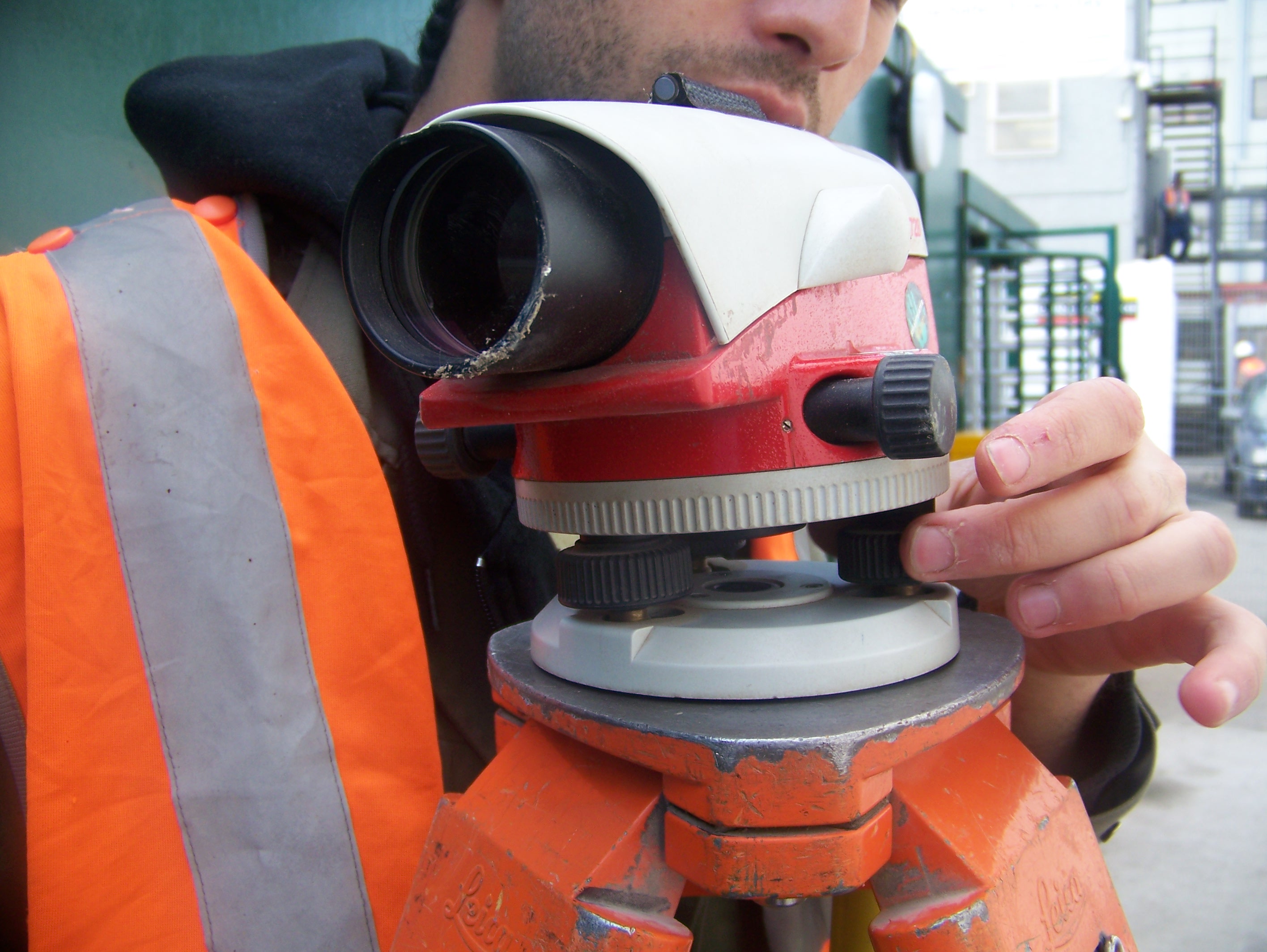
Apprenticeships and quality training schemes are a fundamental component of tackling the skills deficit in the engineering industry. But they need to target and fully support the next generation of talent.
To achieve this. There needs to be an increase in both the quantity and quality of apprenticeships in engineering that young people can undertake. There also needs to be an improvement in the information and guidance available to them at the stages in their life when they are making decisions about possible career paths.
That said, we are now one year on from the apprenticeship levy’s introduction. Which was intended to fund more apprenticeships and give employers an incentive to take on apprentices. Unfortunately, apprenticeship starts are actually declining. And fundamental difficulties remain in terms of the perception of vocational training.
Levy Issues
Although there was evidence of a slight rise in popularity from 2015 to 2016. Engineering UK’s 2018 State of Engineering report indicates that the number of engineering-related apprenticeships is decreasing. Further research from the OU confirms that only £108 million of the full £1.39 billion made available has been taken up by employers.
According to a 2017 survey from the IET that explored skills and demand in the industrial sector. Only 27% of engineering businesses believe the levy will lead to them taking on more apprentices. While 53% say it definitely won’t.
The government hopes to achieve a total of over three million apprenticeships by 2020. But this looks increasingly unlikely. There is a real need for the rules of the apprenticeship levy to be made simpler and clearer to see a real impact on the numbers.
Inspiring Future Generations
It is equally important for education and industry to work in tandem to inspire children to be enthusiastic about vocational routes into engineering. This begins with strong careers guidance in schools. And STEM ambassadors who promote apprenticeship routes that are easy for young people and their parents to relate to.
There are many preconceived notions about university education stemming from a generation of parents raised to believe only a degree can lead to career success. This amounts to a lack of knowledge of alternative viable routes into the industry. And a degree isn’t actually a requirement for many of the varied roles in engineering.
The promotion of apprenticeships needs to focus on raising awareness of these facts and eliminating the stigma associated with vocational career routes for young people. And if engineering employers played a role in designing education programmes. It would help build the specific skills needed to fill the skills gaps.
Providing a properly structured experience of engineering for young people is crucial to inspiring new talent. If a young person is brought in to photocopy and make tea. Their first impression of the industry will not be positive. More constructive experience of engineering companies can give a budding engineer some valuable insight and experience.
Supporting Emerging Talent
The IET works to entice more young people into an engineering apprenticeship through an annual awards programme, providing more than £1 million in awards and scholarships every year to celebrate excellence.
TTE Ltd. is a company based in the North West of England, specialised in providing access to engineering apprenticeships. We are laser-focused on the industry. And on attracting new generations of talent into engineering to fill the skills gaps.
The emphasis is on attracting young women into STEM programmes so that the future of engineering eradicates the outdated perceptions that it is an industry for men. With the right focus, the apprenticeship levy could be just the thing to get more people onto a career path in STEM sectors. But it is clear that its first year has not been a successful one.
